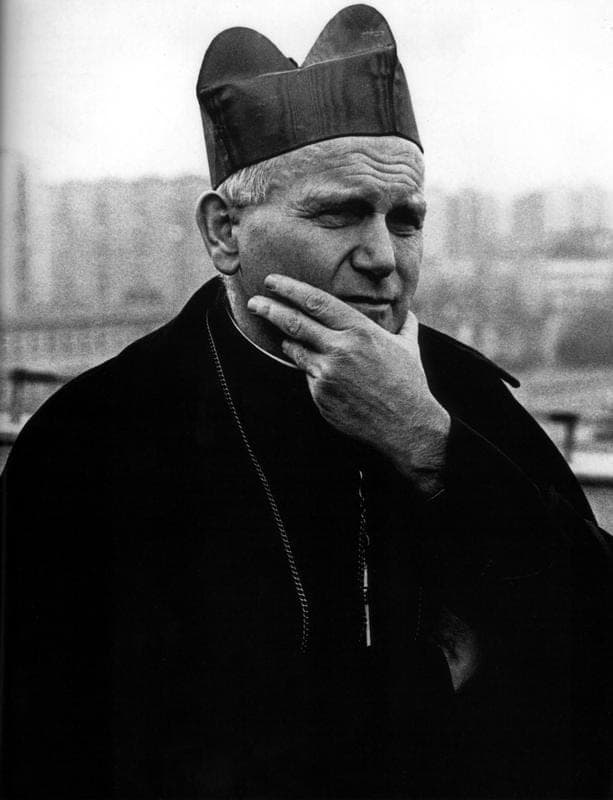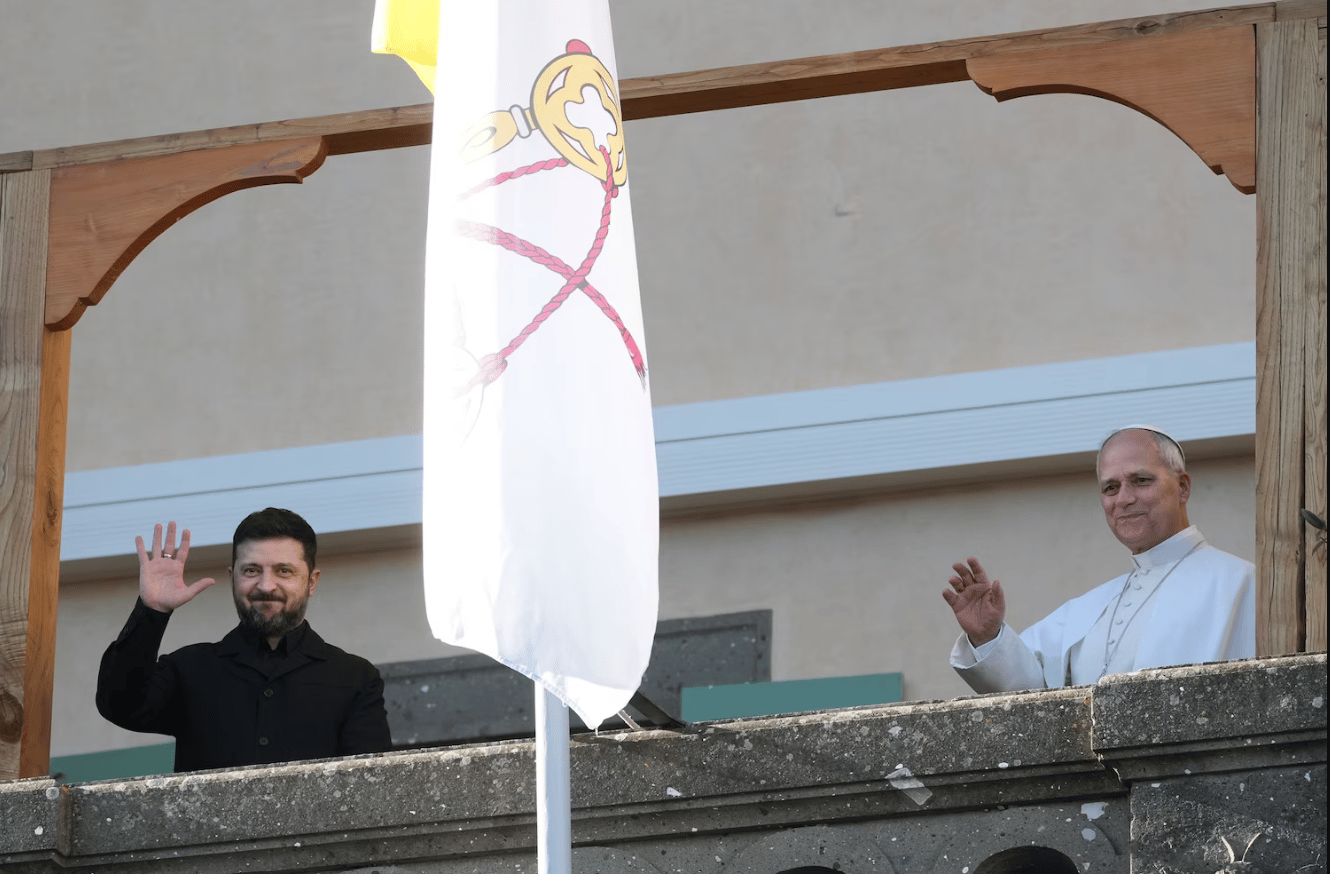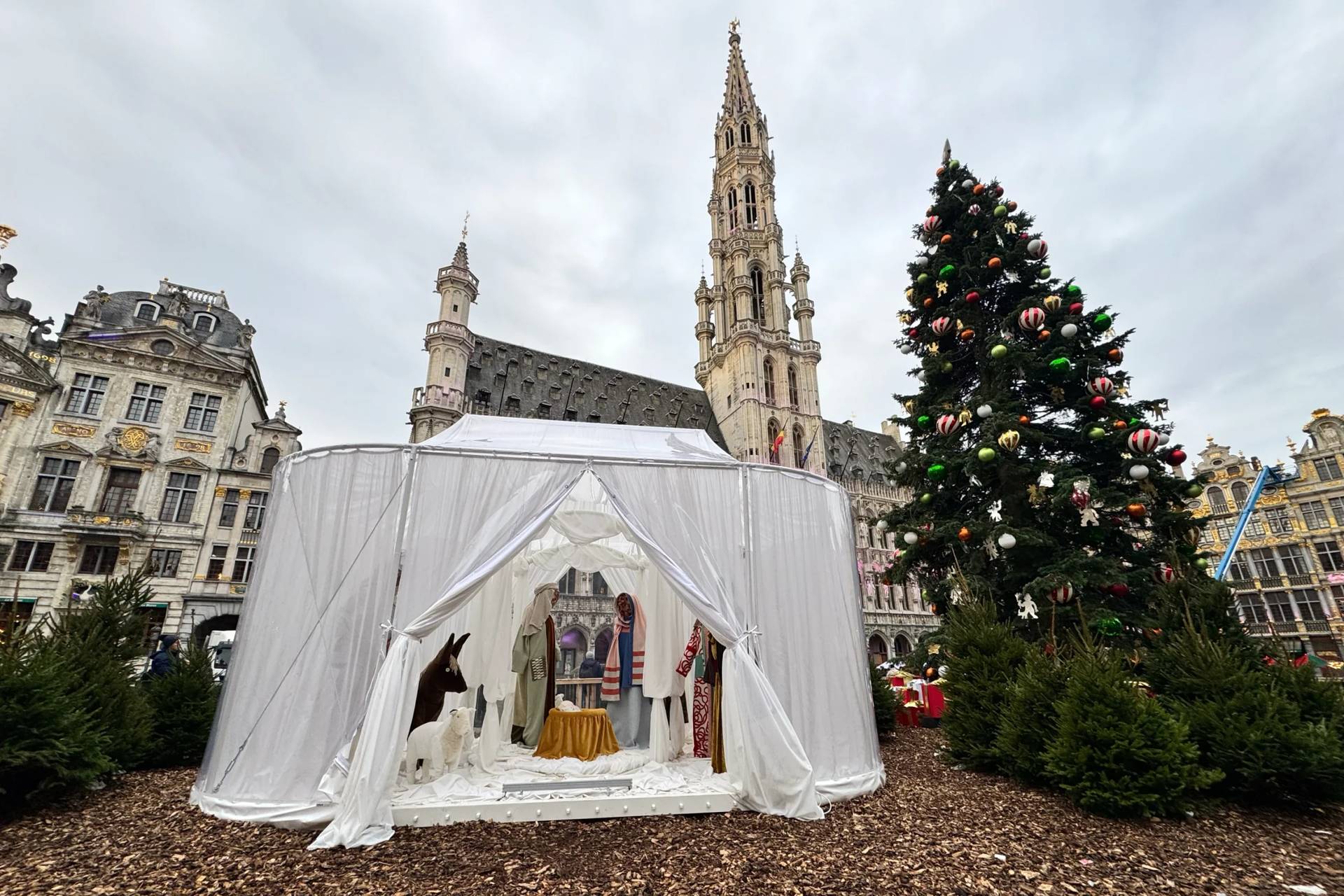One day after Karol Wojtyła was elected, a good friend of him asked, “How is it to be the pope?” John Paul II hit the chair jokingly and answered: “I feel like I was sitting here for 20 years!”
When he first appeared at the balcony of Saint Peter’s basilica Oct. 16, 1978, Catholics all around the world felt as if they were meeting an old friend: “If I make a mistake in your – in our – Italian language – please correct me!” Since that day, nothing was the same in the course of the papacy.
Cardinal Stanislaw Dziwisz, then the future pope’s personal secretary, remembers the day when he was informed about the death of John Paul I: “It was during breakfast. He was immersed in his thoughts. When he finished breakfast, he went upstairs and he sank into prayer, next to the window. The death of John Paul I was a shock for him,” Cardinal Dziwisz told KAI, Poland’s Catholic news agency.
At that time, Wojtyła was not a “papabile” – one of the favorites to become pope. Rocco Buttiglione, an Italian academic and politician, was one of his longtime friends, and he thought differently. Buttiglione said in an interview for TVP: “I suggested to my sister, a journalist working for RAI, the Italian public television – tell your people to make a biography of Wojtyła! And the only man who could do the biography of Wojtyła was a friend of mine, Father Francesco Ricci. (…) Happily, my sister listened to me! So RAI was the only television network that had the biography of Karol Wojtyła ready on the spot.”
When Cardinal Pericle Felici announced “Habemus Papam” – we have a pope — Dziwisz was one of the few that realized immediately Wojtyła had been elected when he heard the first name “Carolum”: there was no other Karol or Charles at the conclave.
“My heart trembled, overwhelmed by a powerful premonition. When I heard the name Carolum from the balcony of the Basilica of St. Peter, I knew everything,” he said.
Anna Turowicz, wife of the Polish journalist Jerzy Turowicz and good friend of Wojtyła, was in Krakow, the city Wojtyła left as a cardinal. She wrote a letter to her husband the night of October 16 – he was in Rome, covering the conclave – telling him her thoughts.
In this letter, recently published by Tygodnik Powszechny, she wrote: “It’s sensational! Joyful news, but also sad news, as I’m sorry that they took him away from us!”
She also mentioned how embarrassed Wojtyła looked when she told him she knew that in the previous conclave, held just months earlier in August, Wojtyła had received the second most votes to succeed Paul VI.
“We all cried,” wrote Halina Bortnowska, a philosopher and theologian, “not from joy but because he will never come back to us. So be it – we need to give him to the universal Church, but at the same time – what a shame! And let’s hope they won’t waste him – do they even know what they’re getting?“
Archbishop Mieczysław Mokrzycki, who served as the second secretary of John Paul II from 1996, told Crux that when the conclave happened he was 17. A year later, he wanted to attend the first papal mass in his homeland, still under communist rule. Schools did not let young people skip classes for the event, so Mokrzycki purposely hurt his leg and bloodied his nose, so he would be excused from school.
When he was sent home, he ran straight to Mass: “I saw him only through a tiny hole – the crowd was so huge I couldn’t see anything in front of me, but the joy was overwhelming!”
Buttiglione recalled his first meeting with Wojtyła.
“I was a young boy in a crowd of young people. He passed by, stopped and shook my hand. I looked into his eyes and I had an impression – this man would give his life for me if needed. Later I talked to many people who had the same impression. If somebody loves you that much and is not your father, your mother or your sister – then there must be a supernatural way to this love – you keep this in your heart until you die.”
Throughout the 27 years of his pontificate, John Paul II set many records and recorded many papal “firsts”: He travelled to 104 countries; he proclaimed 1318 blessed and 478 saints; he was the first pope to set foot in a synagogue, and a mosque, and a Lutheran church; he went skiing and wore a watch.
But he was also the pastor to the world, and the troubles of the world bothered him greatly.
“The Holy father had a lot of painful moments throughout his papacy. The war in Iraq that he so strongly opposed was one of them. Another very painful moment, which made him suffer personally, were the cases of sexual abuse. He entrusted all those cases to prayer and then discussed the problem with his collaborators to come up with a plan to react to the issue and to deal with the cases,” said Mokrzycki.
Asked about the lesson that the 1978 conclave teaches us 40 years later, Mokrzycki, said, “The legacy of this conclave should be for us to love Christ just as John Paul II did.”












